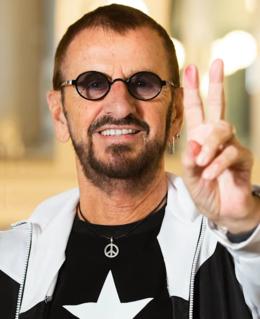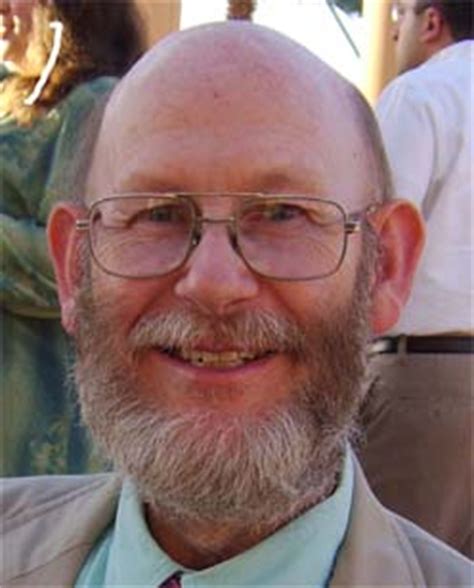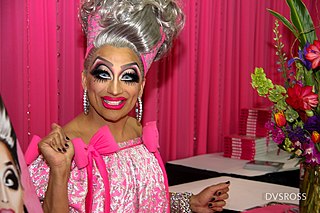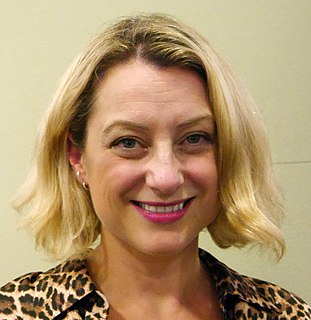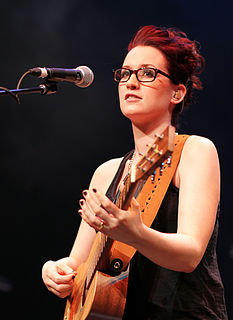A Quote by Raymond Carver
I think marriage is one of those things that writers draw on, one of those emotional reservoirs that go way back.
Related Quotes
The things that I have said when I was young and curious about whatever the subject matter was, I respect those - those are growing pains. Even if you make mistakes, I go back to those things, my not-so-great moments because those are my truest moments; those are my human moments. I'm not even mad at the things I said that were a little dicey.
All my life, to this day, the memory of my childhood remains grim and incoherent. If I close my eyes and think back, I see little except violence and fear. In those early years, I somehow came to understand I would have to draw from within myself whatever emotional resources I needed to go wherever I was headed. As a result, for years, I became a boy who lived almost totally within himself.
I was always a creative child. I also liked to paint and draw. All those years of doing those types of things, I was grateful I had those experiences because it changed my life later on. I know they weren't acceptable for what society assumed a boy should do, but I think its just your passion, it's what you're drawn to.
I think all those years that I spent as a nurse, from the age of seventeen, just allowed me an insight into human emotion at those times of life when it's so important. And to see and witness those times of grief and love and loss and all those things was such a huge privilege, both in my own personal life, but it also, I think, spills over into my writing. I think the one thing that most novelists have is some degree of emotional intelligence, and if you don't have that, then perhaps you might struggle to be a novelist, because that has to come out somewhere.
There seems to be something in the zeitgeist, and maybe it's a function of - I'm no analyst, nor am I a psychologist - when you look at things and say, What if I could go back and change things? I think we live in a world right now where people are asking those questions a lot. What if we could go back and change what we did? How would we change the way we handled things in the Middle East, and how would we change things with the banking industry, and how would we change economic and educational issues?
I think readers appreciate those of us who stay in the trenches and fight the good fight even when times get tough. I know that I, personally, lost respect for writers who, when there was a downturn in the market, started shouting from the rooftops that they wrote thrillers and suspense novels rather than horror. As far as I'm concerned, those wussboys should sever all ties with the horror community if that's the way they feel and get out of the way so real horror writers can do their work.
When I started looking for pointed shoes, I used to go to Fairfax on Orchard Street in New York City, one of those little pushcart guys. I'd say, 'You got any pointy shoes?' They would go way, way in the back and come back with a dusty box, blow the dust off the top, and say, 'What do you want with these things? Give me twenty bucks. Go on, get outta here!' And that was the beginning.



